In the 76-seat Senate, the Liberals and Nationals cannot block legislation despite holding more seats than Labor. There are 31 of them, but achieving a majority of 39 requires either the support of the Greens (with 11 seats) or the entire crossbench of 8. Since the Greens and half the crossbench are the Coalition’s mortal enemies, that is next to impossible.
By contrast the Labor government, with 26 seats, can generally count on achieving a majority and having its legislation passed.
Already a subscriber? Log in
Subscribe for just $2 a week
Try a month of The Spectator Australia absolutely free and without commitment. Not only that but – if you choose to continue – you’ll pay just $2 a week for your first year.
- Unlimited access to spectator.com.au and app
- The weekly edition on the Spectator Australia app
- Spectator podcasts and newsletters
- Full access to spectator.co.uk

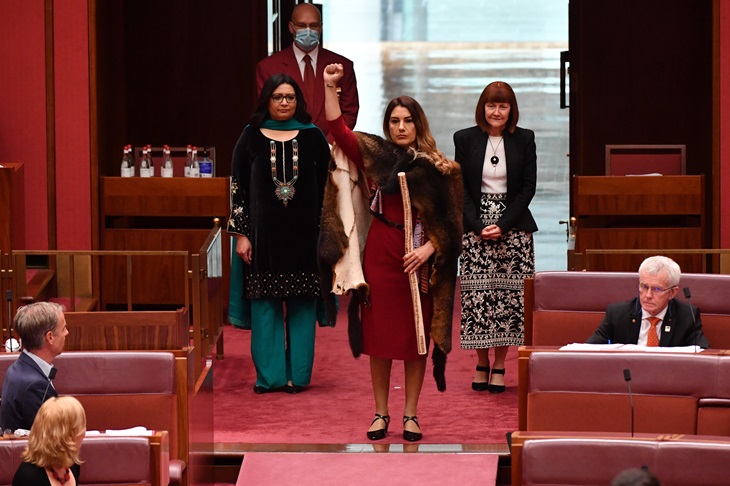
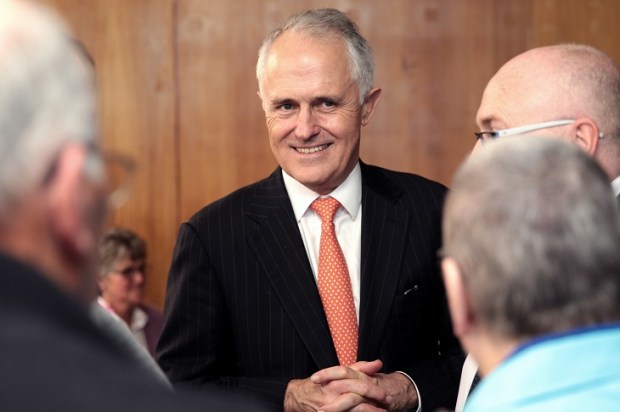
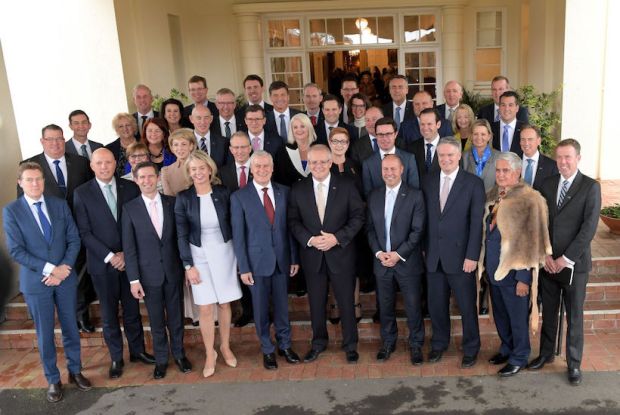

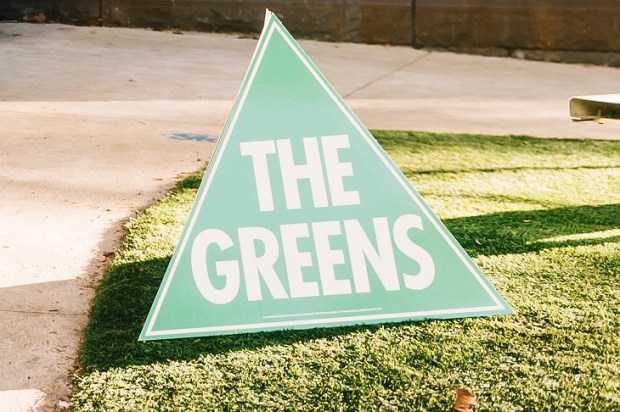

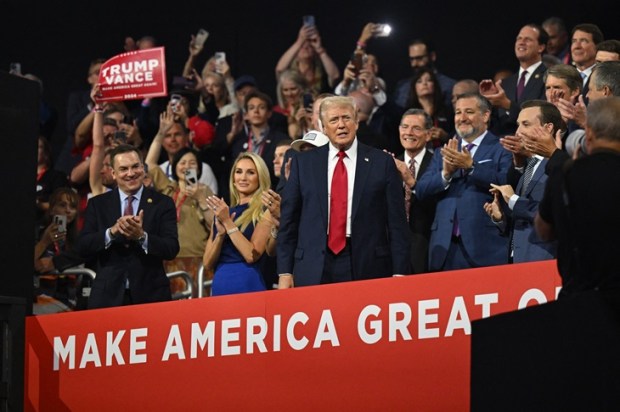


















Comments
Don't miss out
Join the conversation with other Spectator Australia readers. Subscribe to leave a comment.
SUBSCRIBEAlready a subscriber? Log in